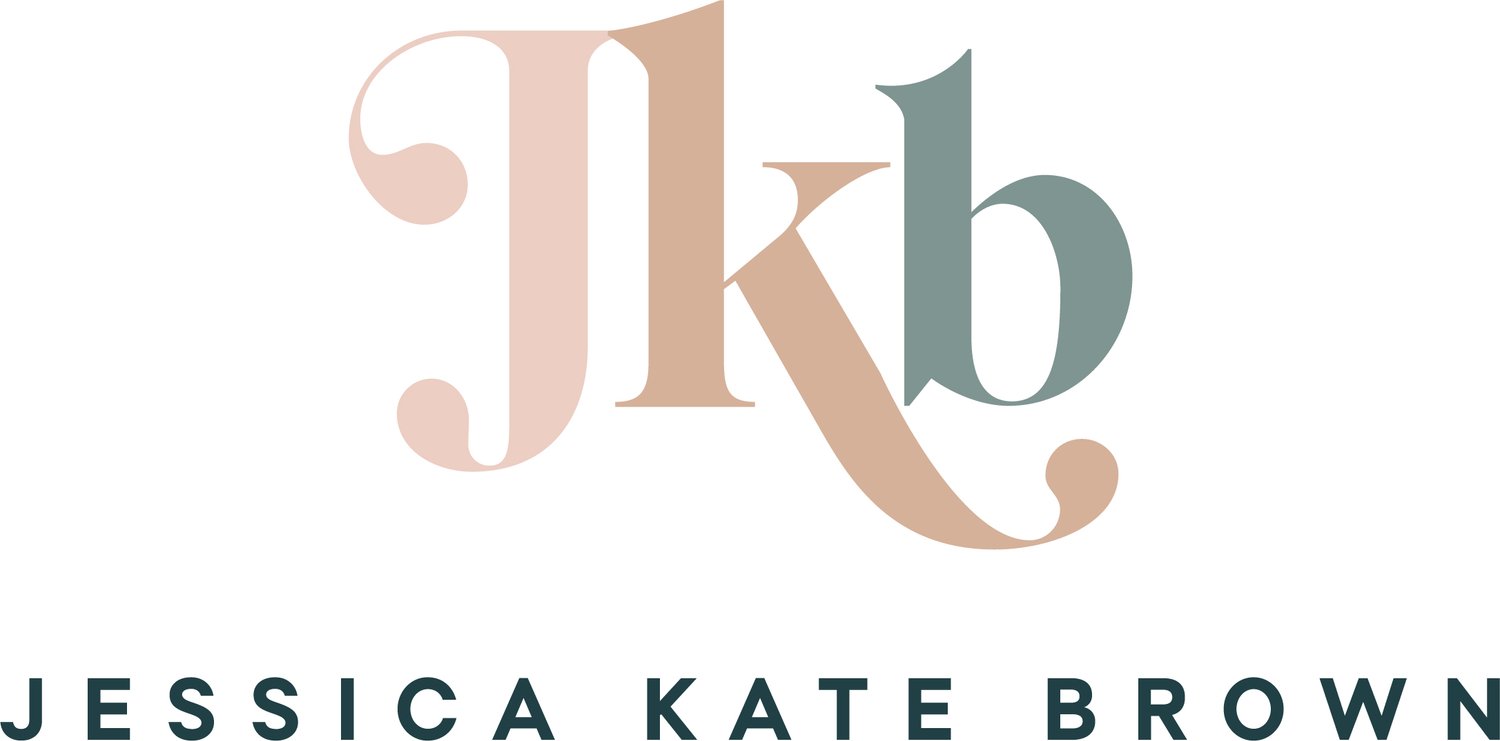Let’s talk about sex: how to make your writing gender inclusive
The 26th August is National Women’s Day in the US, a day that celebrates American women winning the right to vote in 1920. A lot has changed in the name of gender equality since the 1920s, in the UK at least: women are allowed to be bishops, join the London Stock Exchange and be a married teacher. (Yup, they were not allowed to be a teacher and be married until 1944!) However, for female founders of 2022, the stats of today are still a bitter pill to swallow. In 2019, female businesses accounted for only a third of UK entrepreneurs, with male business owners five times more likely to achieve a £1 million turnover than female-owned businesses.
So we still have some way to go.
As an editor and a linguist, I believe that part of the problem lies in the everyday language of society, which is way off the mark when it comes to being gender inclusive. It’s easy to see why. We’ve spent pretty much our whole lives listening, reading and experiencing gendered language in practice. It’s become so naturalized in our psyche, most of the time, people don’t realise many of the everyday words we use are inadvertently feeding the patriarchy.
But now is not the time to despair, because here’s where we have an opportunity to start challenging the status quo and changing society’s narrative for the better. I truly believe the words we use have the potential to change the world, and this includes gender equality.
Little by little, by becoming more aware of our own language and leading by example, we can make a real positive change. The theme for this year’s International Women’s Day was #breakthebias and I would love you to join me in spreading the (non-gendered) word and pushing back against sexism and discrimination.
Together, we can make a difference!
Here are some super simple ways you can make your writing more inclusive…
1. Use gender neutral alternatives. Many of the words we’re used to hearing in everyday conversation are male-biased words in sheep’s clothing. Here are some easy switches you can make:
Mankind → Humanity
Master → Expert
Man-made → Synthetic
Spokesman → Representative
And my absolute favourite…
Manpower → Staff, Personnel or even Labour Force
2. Watch those pronouns. Pronouns have had a lot of media attention recently, so this may be something you’re already aware of, but this time I’m not talking about changing your signature block (although you absolutely can do that if you want to!). When writing generically, try swapping ‘his/her’ for ‘their’ and ‘she/he’ for ‘they’.
3. Lose the gendered descriptors. Is it really necessary to specify that it was a female doctor or a male nurse? If the answer is no, leave it out. ( Typically, it’s the jobs traditionally associated with men that tend to be the higher-paid, higher-profile roles!)
4. Avoid the cliches. My favourite culprits include ‘cry/fight/throw… etc. like a girl’, ‘you need to man up’ and ‘best man for the job’.
5. Keep it relevant. One of my biggest bugbears is when the media talk more about a woman’s appearance or relationship status rather than her professional accomplishments. Whereas if it was a man, they wouldn’t feel the need to mention that he was wearing a figure-hugging shirt or was a father of two. My top tip here is to always ask yourself, Is it relevant? If the answer is no, you know what to do!
ABOUT THE WRITER
Jessica Brown is a non-fiction book editor and inclusive language advocate, specialising in memoirs, self-help, and business books. Professionally trained by the Chartered Institute of Editing and Proofreading and with experience working on over 80 published books to date, she loves working with purpose-led authors who want to grow their businesses and share their messages with the world.

